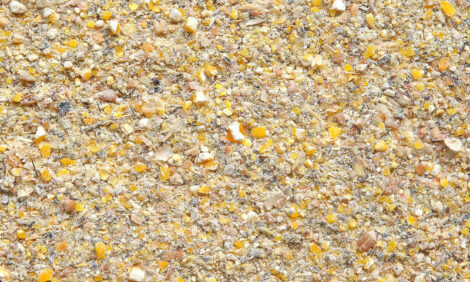



Call for Science to Influence Key Decisions on Antibiotic Use
UK - The EU is considering sheltering some key antibiotics from veterinary use to protect their efficacy in human medicine. Yet science indicates that the link between on-farm use and the development of resistance in human pathogens is unlikely, with politics driving key decisions. Editor, Charlotte Johnston, reports from a UK veterinary conference.Speaking at the British Mastitis Conference, Declan O’Rourke from Ortec Veterinary Consultancy said that there was no science behind the Dutch government’s decision to target a 70 per cent reduction in antibiotic use between 2009 and 2015.
He said in order to avoid this reaction, vets and farmers must be prepared to take the lead not only to demonstrate responsibly use of antibiotics on farm but to use science and system development to reduce veterinary interventions.
Mr O’Rourke said that the EU has reported 25,000 deaths due to antibiotic resistance and the passing of bacteria such as Escherichia coli from farm to fork.
However he questioned how many of those deaths were related to the fact that an antibiotic produced in an animal led to resistant bacteria being transferred to a human?
Studies between 1990 and 2004 in Scotland investigated the patterns and diversity of resistance of Salmonella typhimurium DT104.
Whilst ecologically connected, animals and humans have distinguishable DT104 communities, differing in prevalence, linkage and diversity.
The results concluded that it was unlikely that the local population is responsible for the diversity of resistance phenotypes observed in humans.
However, Mr O’Rourke said that this does not let the agricultural industry off the hook. Veterinarians and farmers need to implement good animal husbandry plus responsible use of antibiotics or face the risk of arbitrary targets for reduction in use as well as more stringent legislation, he concluded.








